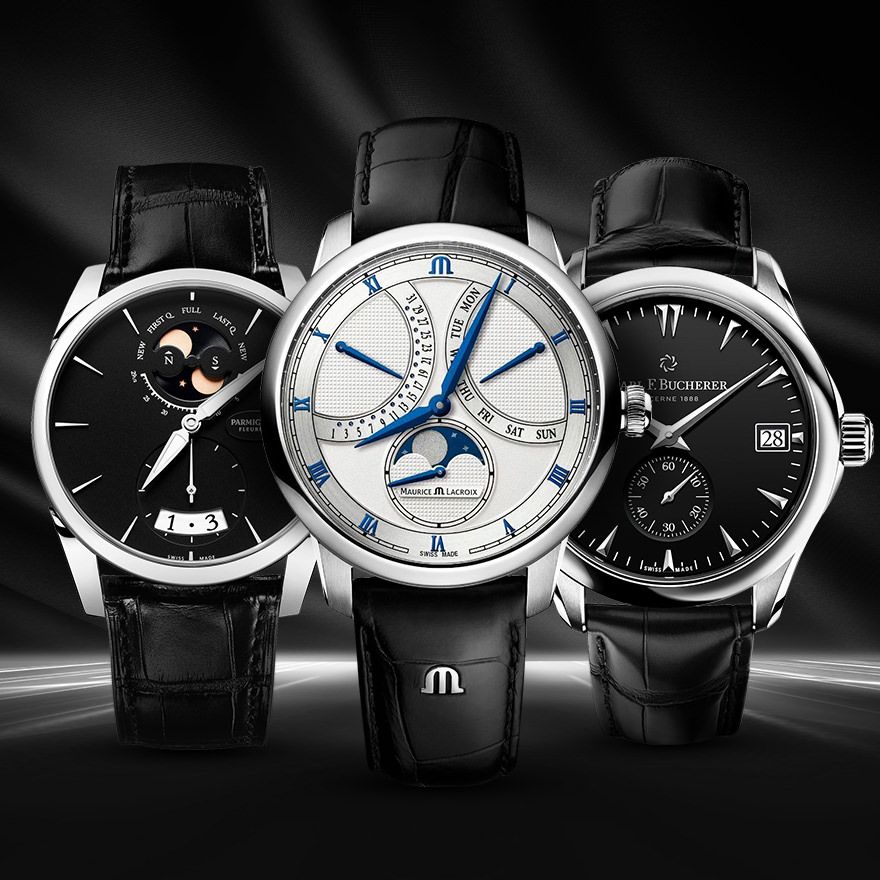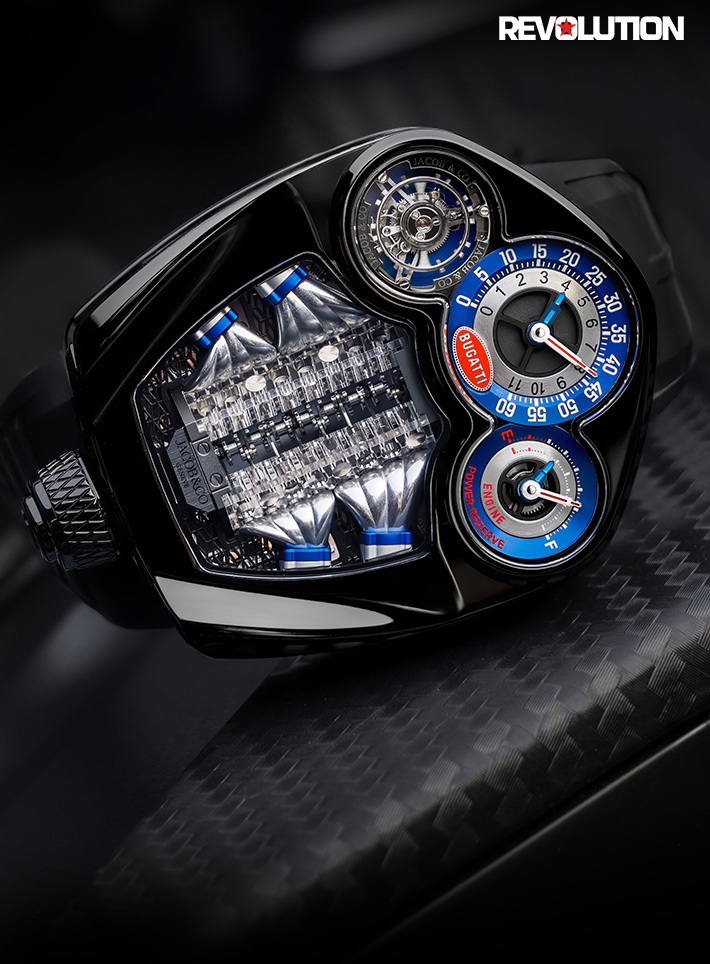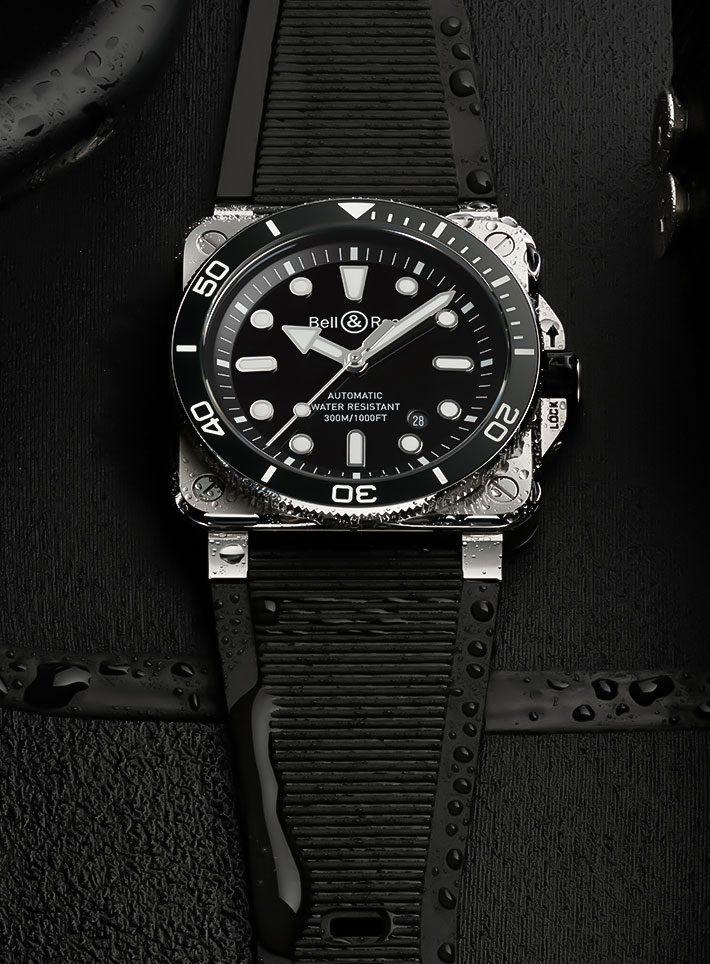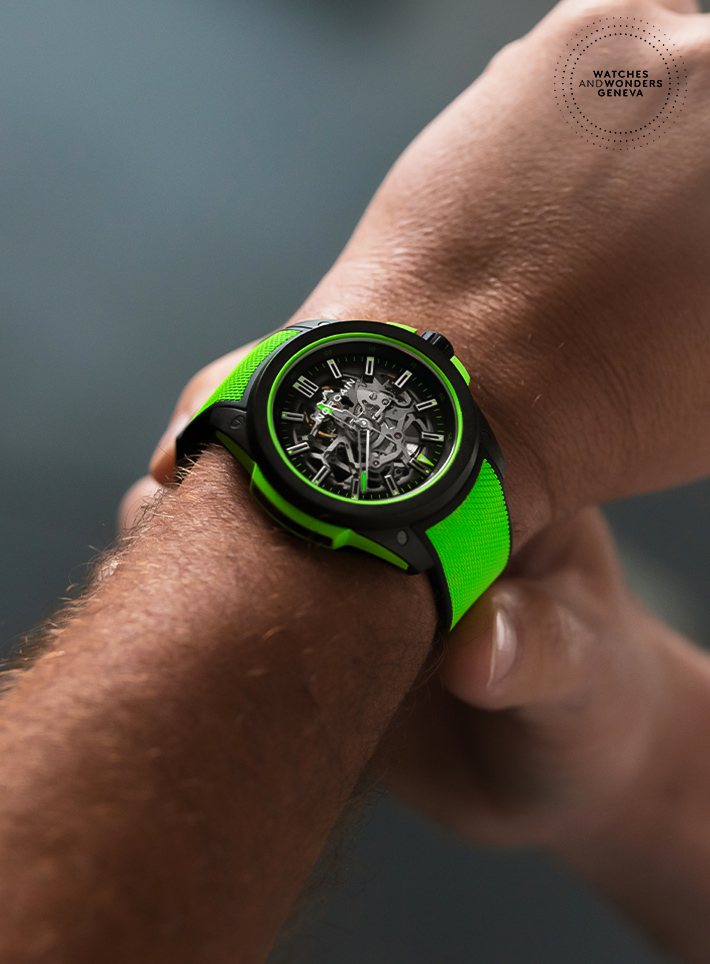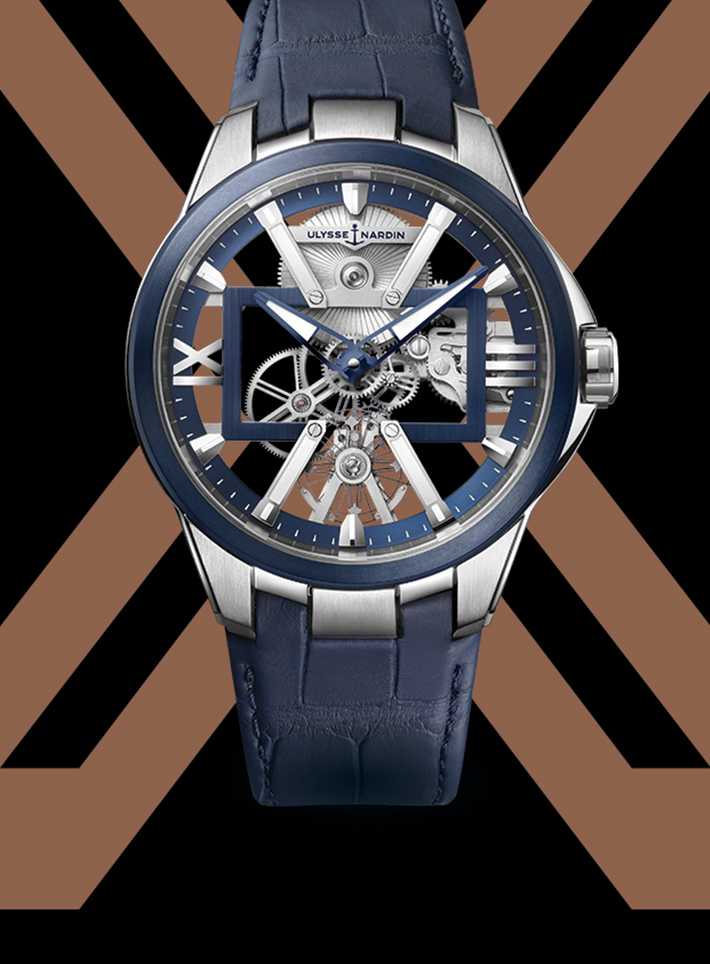ReviewThe Sands Of Time: Arnold & Son Time Pyramid And The Time Pyramid Tourbillon
First introduced in 2013, the Time Pyramid series comprises some of Arnold & Son’s most distinctive timepieces. We take an unhindered look at the open-worked mechanical marvels, including the tourbillon editions, to find out what makes them so special
May We Recommend
The wings of a butterfly, a vaulted ceiling of a cathedral, the crystal pattern of a snowflake, the Taj Mahal—these are some of the things that most people find visually stimulating. And as unlikely as it may sound, they all have one thing in common that explains why people are magically drawn to them: symmetry. No one is immune to the powers of perfection. Scientists reckon that our attraction to symmetry stems from the fact that our brains find it familiar. Symmetry plays by the rules that our brains are programmed to recognise easily. In a world of chaos and clutter, our little minds are constantly looking for some sort of order to make sense. And in the world of horology, Arnold & Son, with their superior watchmaking skills, are among those that bring us that order and symmetry that we desire, with the Time Pyramid.

First introduced in 2013, the Time Pyramid is an exercise in watchmaking. Where most watchmakers struggle to showcase the entirety of their movements in a skeletal setting with most of it hidden under or above the main plate, the Time Pyramid boasts an unhindered display of every single mechanical part that makes the watch tick. This, of course, is down to its unique architecture. The pyramid, as a shape, conveys not only a sense of history but also of structure, something that is supportive of organisations, and societies. It is ingrained into our lives, whether we know it or not. The shape is also important in English clock-making. The 18th century was all about pyramid clocks with vertical movements. And that’s where the Time Pyramid draws its inspiration from.

The Time Pyramid
The Time Pyramid saga can be divided into two chapters: the one that regulates time with a simple balance wheel and the other with a tourbillon. Irrespective of the one you choose, both movements take centre stage. The horological lesson starts with the crown in the balance-wheel variant, located at the six o’clock position. By turning the crown, you wind not one but two mainspring barrels that work in conjunction to provide a massive 90-hour power reserve. Each barrel sits in the lower hemisphere of the dial, positioned either to the left or right of the hour-and-minute display. The rest of the movement is designed to sit above the base of the pyramid that is the mainspring barrels. The expansive dial reveals the balance wheel on top, in all its entirety, sitting at the 12 o’clock position. Beneath the balance wheel, the gear train runs vertically, connecting the two barrels to the balance wheel. The bridges are cleverly designed to provide an unobstructed view of the mechanism. Connected to each mainspring barrel, via several gears, are two serpentine hands, located adjacent to three and nine o’clock, revealing the available energy held within each barrel. The hours and minutes are displayed on a sapphire crystal dial.
The reason for the two mainspring barrels is to solve a problem plaguing watchmakers for centuries—the lack of consistent torque. As a mainspring unwinds, the torque produced varies, depending on how much wind is left in the barrel, resulting in inaccurate timekeeping. What Arnold & Son has done here is line up two barrels serially, meaning that they wind each other, filling in any variation in torque. An easier way to look at it would be to picture a modern car’s hybrid engine that makes use of both, the traditional internal combustion engine and an electrical motor. The electric motor can backfill any dips in the mechanical engine’s power delivery in order to generate a completely uniform experience. This is essentially the genius of the calibres that power the Time Pyramids making it more than just a pretty face.
The Whirlwind
The tourbillon seemed like the natural progression for the Time Pyramid after the highly acclaimed original. And so, at last year’s Baselworld, the brand launched the next level of the Time Pyramid—the Time Pyramid Tourbillon. This, like the original, is an experiment in architecture and symmetry and its main focus lies on the maximum amount of exposure that can be given to the movement. The tourbillon escapement sits at the 12 o’clock position, and just like the original, the rest of the watch remains uncluttered, keeping the beautiful movement and its great engineering at the forefront. The tourbillon cage is beautifully executed with an array of finishes. This variant also manages to deliver a power reserve of 90 hours.
The timepieces are available in an 18-karat red gold variant or a stainless steel one, both measuring 44.6mm. Irrespective of the material selected, the case is refined to the highest order. There’s also a black, DLC-treated steel version if you desire the stealth aesthetic.
Skeletal watches are usually difficult to differentiate between. That’s why the brands that manage to do it also earn a spot on the horological hall of fame. The Corum Bridge is one such example that comes to mind. However, the Time Pyramid deserves a throne of its own. The watch is an honest homage to early clockmakers and classical clock-making.
The movement itself looks like something you’d find in a museum, and that’s what makes it so special. The extremely desirable original that was launched back in 2013 had sent the horological world into a frenzy. And with the tourbillon, it now has a counterpart that can take the story forward alongside the original, albeit with enhanced chronometric precision. The unique design of the Time Pyramid has set itself in stone and this is one that is sure to stay around for as long as the ones in Giza.
